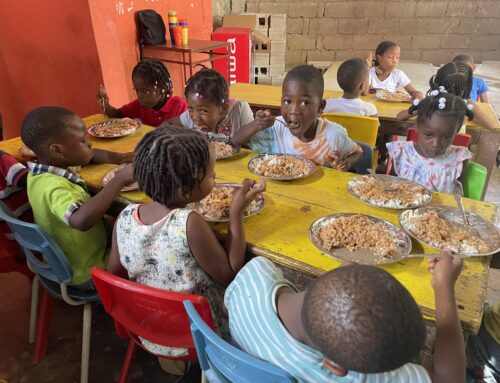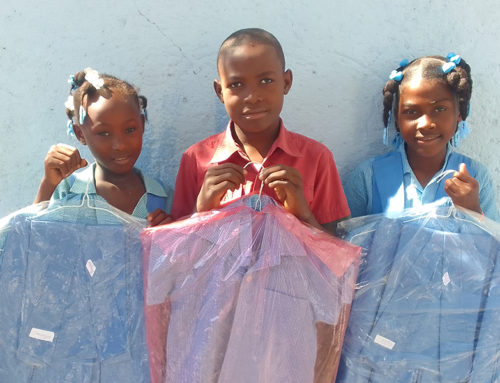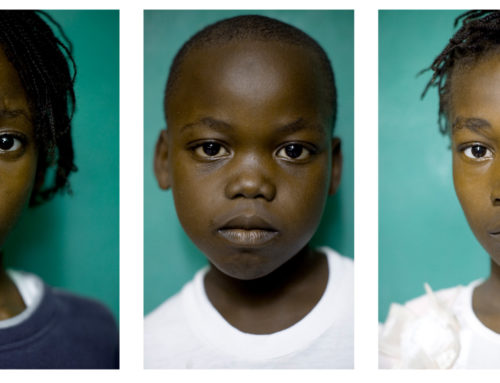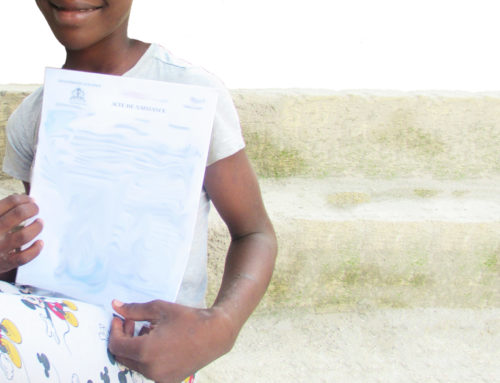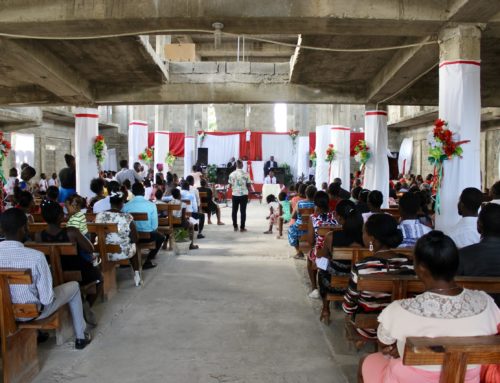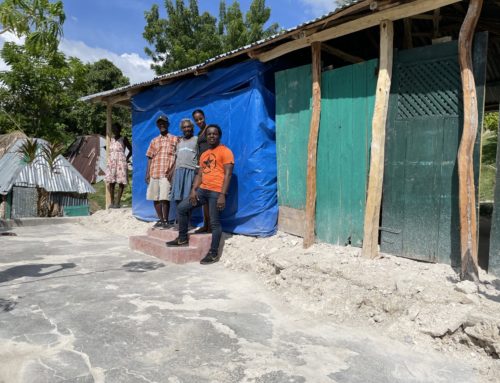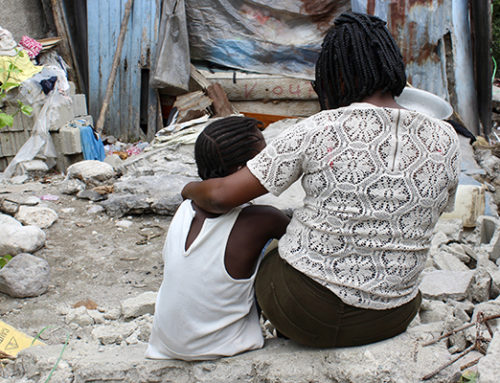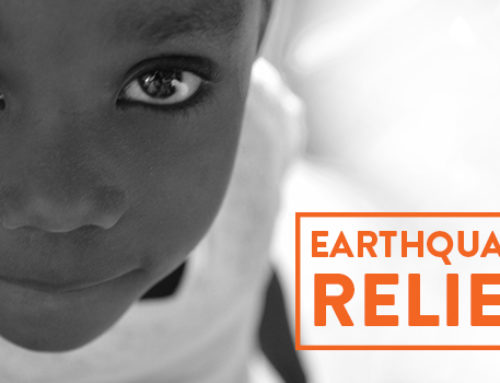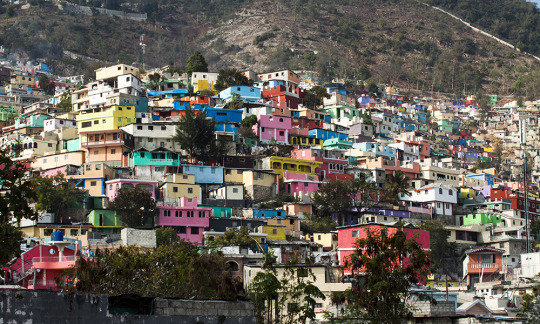
Around the world, rural poverty is often higher and more difficult overcome than in urban areas — and it seems Haiti is no exception. Although the capital city was deeply affected by the earthquake in January of 2010, Port-au-Prince has been steadily recovering over the last few years. More than 90 percent of families displaced by the natural disaster have since moved into safer neighborhoods, more children are now attending school, and residents have better access to clear water and energy sources.
But in neighboring rural communities, life often looks much different. It’s not always easy to get clean water in Haiti’s countryside, so people in these areas are left to rely on rivers or unprotected wells, increasing their risk to contract disease. By contrast, those who don’t have access to clean water sources in urban areas have the ability to purchase bottled water, making it easier to control and even prevent dangerous diseases.
These situations have been slowly improving, thanks to various nonprofit organizations who’ve installed clean water pumps or water connections in rural homes. But there are still many others in rural Haiti who are very far from clean water sources, and who are at high risk of using contaminated water. When the only option is to bathe in the river, people end ip washing in the same water everyone uses, and the likelihood for contracting disease becomes greater.
So, while life is improving for the people in Haiti’s cities — particularly in the Port-au-Prince metropolitan area — circumstances remain difficult for those who take residence in the countryside. These rural areas are in great need of access to energy and water sources, in addition to needing better sanitation practices. Clean water and proper sanitation are not only essential in avoiding disease, but they offer safety and peace of mind to people going through their daily routines of drinking, cooking, and bathing.
The road ahead may be long, but it is certainly achievable. Today, Haiti is working to both sustain the progress that has already been achieved, and to broaden opportunities of every kind for its citizens. By providing access to clean water, energy, education, and health services to these communities, a better life for all Haitians is possible!


